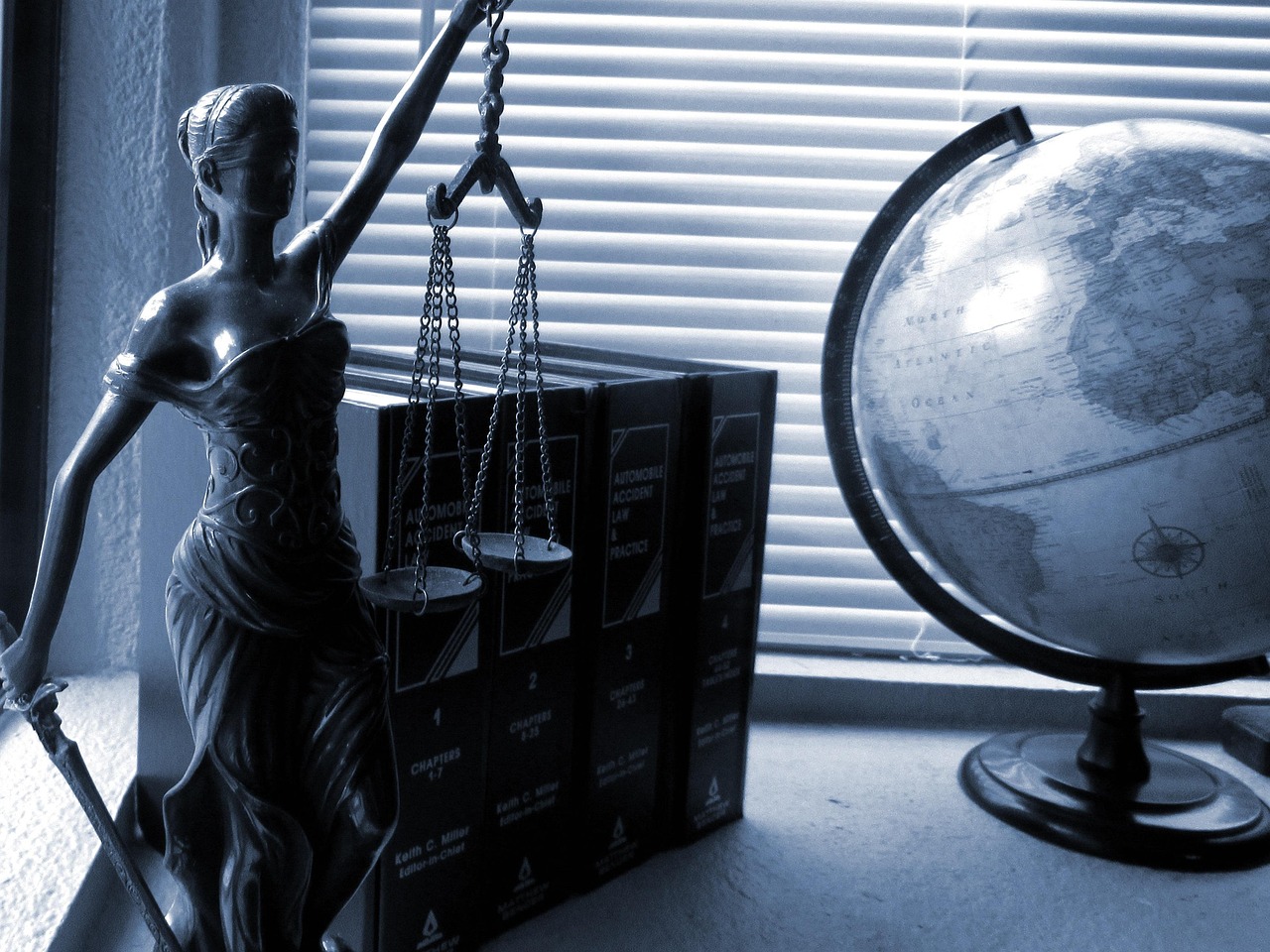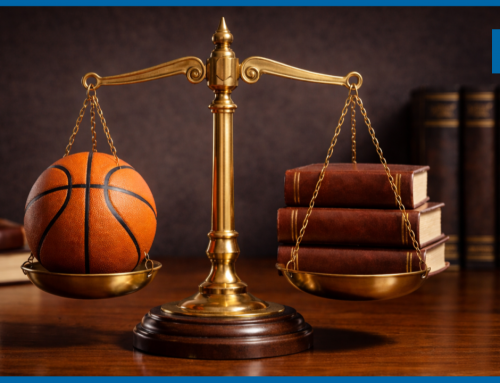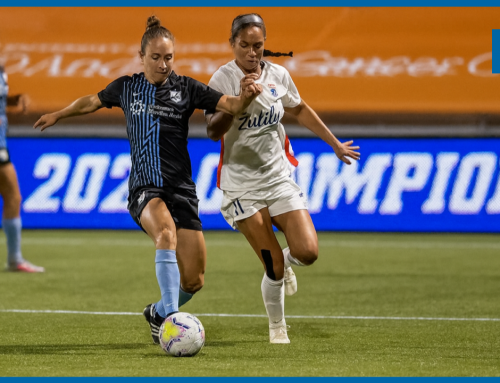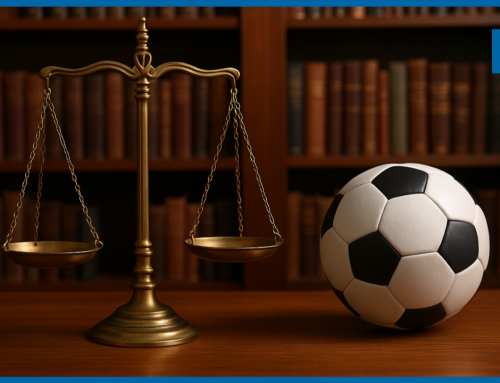Published and translated by the firm Winter – Dávila & Associés
Paris, August 5, 2025
Can sports justice sanction someone who has been criminally acquitted? The case of Manuel Burga vs. FIFA
In recent decades, Sports Law has emerged as an increasingly solid, independent, and specialized legal subsystem, with its own principles, jurisdictional bodies, and ethical control mechanisms. It is no longer just about regulating player transfers or contracts, but about safeguarding the integrity and legitimacy of sport on a global scale. Football, due to its economic, cultural, and political magnitude, demands a legal framework capable of responding swiftly and effectively to the threats surrounding it—especially those linked to corruption at the leadership level.
Within this context, this article analyzes one of the most representative awards of this new era of Sports Law: CAS 2023/A/9751, in which former Peruvian official Manuel Burga Seoane challenges the lifetime ban and financial penalty imposed by FIFA, arising from his alleged involvement in the FIFAGate scandal. The CAS ruling not only reaffirms FIFA’s legitimacy to ethically sanction its members, but also sets a jurisprudential milestone in applying differentiated evidentiary standards, using evidence originating in foreign criminal proceedings, and distinguishing between sports and criminal justice.
The purpose of this study is to rigorously examine how the CAS structures its legal reasoning in this emblematic case, which regulatory and evidentiary standards it applies, and what implications this award may have on the development of international Sports Law.
YOU CAN ALSO READ: The CAS opens an alternative hearing centre in Lima, Peru
Criminal Acquittal, but Sporting Sanction?
The controversy revolves around the alleged violation of FIFA’s Code of Ethics (2012 version), in the context of the FIFAGate scandal, where Manuel Burga is accused of accepting bribes, improper benefits, and engaging in unethical conduct. Although he was criminally acquitted in the United States — which, in a traditional rule-of-law setting, would suggest the case is closed — FIFA imposed disciplinary sanctions, applying its internal regulations.
This raises a key legal-sports tension: Can someone be ethically sanctioned after being criminally acquitted? The CAS answers affirmatively — not merely on formal grounds, but on doctrinal ones. It relies on the principle of autonomy in Sports Law and the legitimacy of sports governing bodies to protect collective interests such as institutional reputation, the integrity of the game, and stakeholder trust — beyond the requirements of criminal evidence. Proving a crime is not necessary; it is enough to demonstrate an ethical breach.
The CAS’s Role as a Full Jurisdiction Court
From a procedural standpoint, the award highlights two key elements:
-
The CAS’s “de novo” review power (Article R57 of the CAS Code): This power grants the arbitration panel full competence to review not only procedural aspects but also the merits of the case. It does not act as a limited second instance, but as a court with full jurisdiction.
-
Admission of evidence from foreign criminal proceedings, even without the appellant’s presence in those proceedings. The CAS validates the use of testimonies and documents from the U.S. criminal trial, as long as the accused’s dignity is respected and they are given a reasonable opportunity to challenge the evidence in the sports proceeding. Article 46 of FIFA’s Code of Ethics allows for broader evidentiary flexibility in light of sport’s protective objectives.

Photo: pixabay.com
The Standard of Proof: Beyond “In Dubio Pro Reo”
Unlike Criminal Law, where a conviction requires proof “beyond a reasonable doubt,” disciplinary proceedings in sports — like those before CAS — follow a different standard of proof: that of “comfortable satisfaction.” This evidentiary threshold lies between the “balance of probabilities” and criminal certainty, allowing sanctions to be imposed when the court, based on multiple consistent and converging indications, reaches a reasonable (but not absolute) level of conviction. This difference is fundamental, as it reflects a more flexible model of procedural truth, focused on safeguarding sporting integrity and preventive effectiveness of ethical standards — rather than strict criminal punishment.
Manuel Burga vs. FIFA
In his appeal, Burga does not merely deny the facts. He frames a discourse of political persecution, due process violations, and the imposition of a “diabolical proof” burden by requiring him to disprove negative assertions. His defense essentially focuses on the incompatibility between his criminal acquittal and FIFA’s sanction, alleging a lack of proportionality and absence of direct evidence.
FIFA, on the other hand, maintains that the punished conduct involves the mere acceptance of improper benefits, without requiring proof of actual payment. It argues that sworn testimonies — particularly those of Burzaco and other individuals implicated in FIFAGate — along with accounting records from companies like Datisa and Full Play, constitute strong evidence. It adds that the criminal acquittal does not preclude ethical sanction, as they operate in distinct legal spheres.
Grounds of the Arbitral Award
The CAS concludes that Burga did violate FIFA’s Code of Ethics, relying on three main pillars:
-
The truthfulness and consistency of testimonies given before U.S. courts by businesspeople and former officials who claim to have delivered or witnessed promises of improper payments.
-
Internal accounting documents from involved companies explicitly referencing Burga under the alias “Fiat.”
-
The lack of an active defense by the appellant, who did not offer witnesses or probative elements to disprove the accusations, limiting himself to denials without effectively counter-evidencing the charges.
Regarding allegations of bias, the CAS concludes that no action occurred that tainted the process, and that any defect was remedied through the panel’s full jurisdiction review.
YOU CAN ALSO READ: The four Chambers of The Court of Arbitration for Sport
Conclusions
This award confirms a strong doctrinal shift: sports justice can and must operate independently from criminal justice. FIFA, as the governing body, is obligated to protect football’s image and, to that end, can impose severe sanctions under an ethical standard — even without a prior judicial conviction.
The case of Manuel Burga serves as a warning to all global football stakeholders: ethical judgment does not wait for a criminal sentence. Through tools such as de novo review, the standard of comfortable satisfaction, and acceptance of extra-procedural evidence, the CAS consolidates its role as the supreme court of world sport, capable of setting boundaries, restoring legitimacy, and establishing structural precedents in the fight against football corruption.
LEGAL NOTICE: This article has been prepared for informational purposes only. It is not a substitute for legal advice directed to particular circumstances. You should not take or refrain from taking any legal action based on the information contained without first seeking professional, individualized advice based on your own circumstances. The hiring of a lawyer is an important decision that should not be based solely on advertisements.
If you want advice related to the subject of the
article do not hesitate to contact us!
(email: contact@wdassocies.com)










Leave A Comment